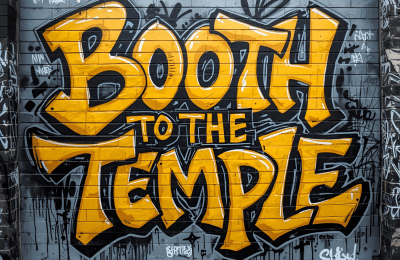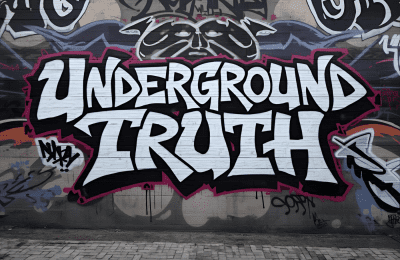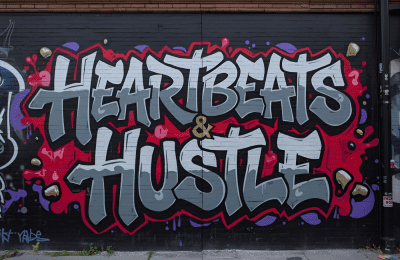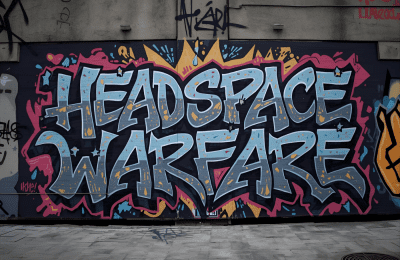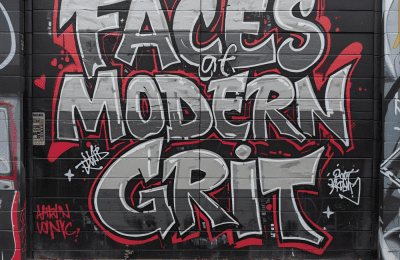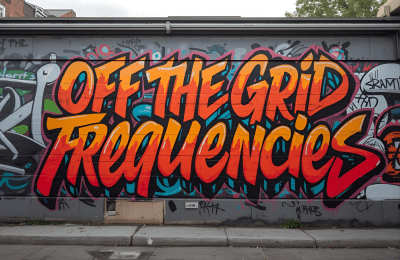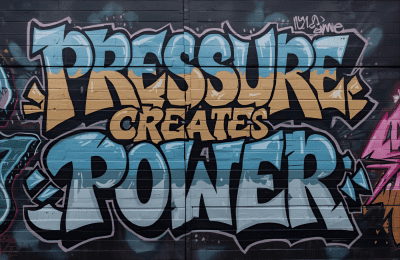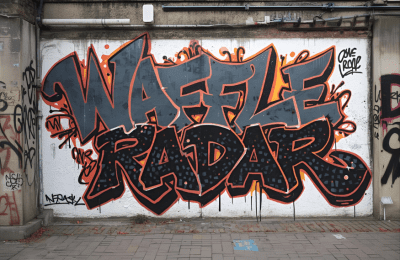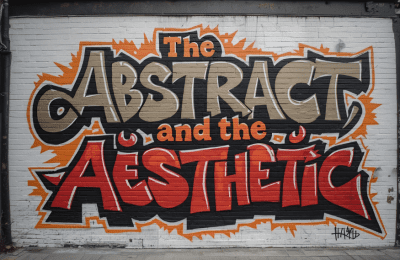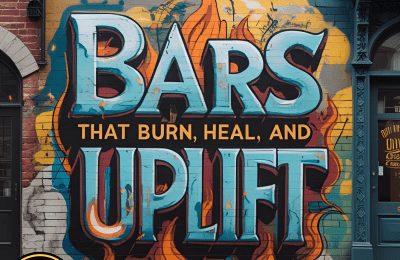1. “Fate”
“Fate” opens like a journal left on the kitchen counter — intimate, direct, almost confessional. Gabriel threads observations of chance and choice, rapping with patience instead of urgency. The beat leans on a slow-burning drum pattern and minimalist chords that leave space for reflection. Through it, he unpacks how purpose isn’t just written; it’s rewritten every morning we get up and keep moving. The lyrics trace the tension between destiny and decision, questioning whether the hardships we face are cosmic or self-inflicted.
In this track, the reflective tone isn’t just aesthetic; it’s armor. Gabriel’s verses become a dialogue with anxiety — a recognition that uncertainty doesn’t mean failure. He’s carving peace out of unpredictability, teaching that ownership of our narrative is itself a form of healing.
Cousin Gabriel delivers a track that demands attention. “Fate” hits with precision and intent, inviting you to listen closely and catch every detail.
2. “Scars”
“Scars” moves from theory to testimony. The jazz-hop undertones, steady hi-hats, and warm bassline feel like therapy set to a loop. Here Gabriel speaks more plainly about the bruises left by self-doubt and creative fatigue. The hook lands softly but carries weight: pain can be proof that we’re still alive to grow.
There’s something especially powerful in how “Scars” humanizes mental struggle. Rather than glorify pain, he reclaims it — presenting vulnerability as a source of strength. In a landscape where mental-health stigma still silences too many voices in artistic spaces, Gabriel’s approach feels necessary. His calm cadence and honest lyricism invite listeners to treat reflection as self-care, not weakness.
Together, “Fate” and “Scars” form a dialogue between acceptance and recovery — two sides of the same healing coin. Where one questions purpose, the other builds peace around imperfection.
If it resonates, share it, comment, and let others in on the energy. This is music meant to be heard, discussed, and passed on.


